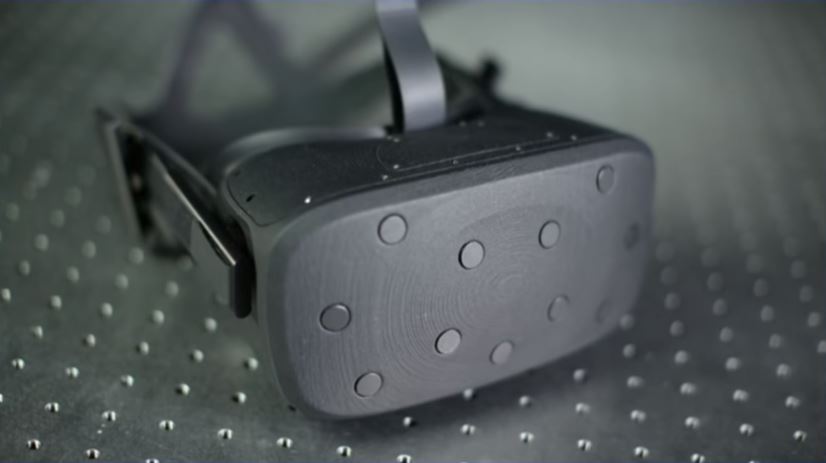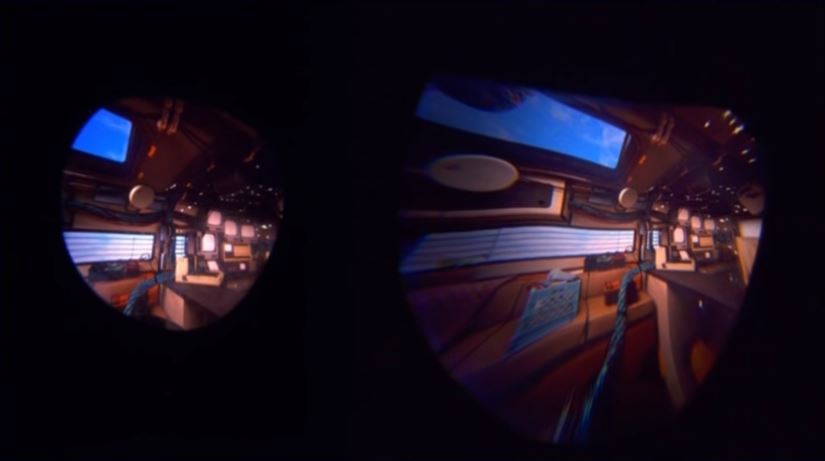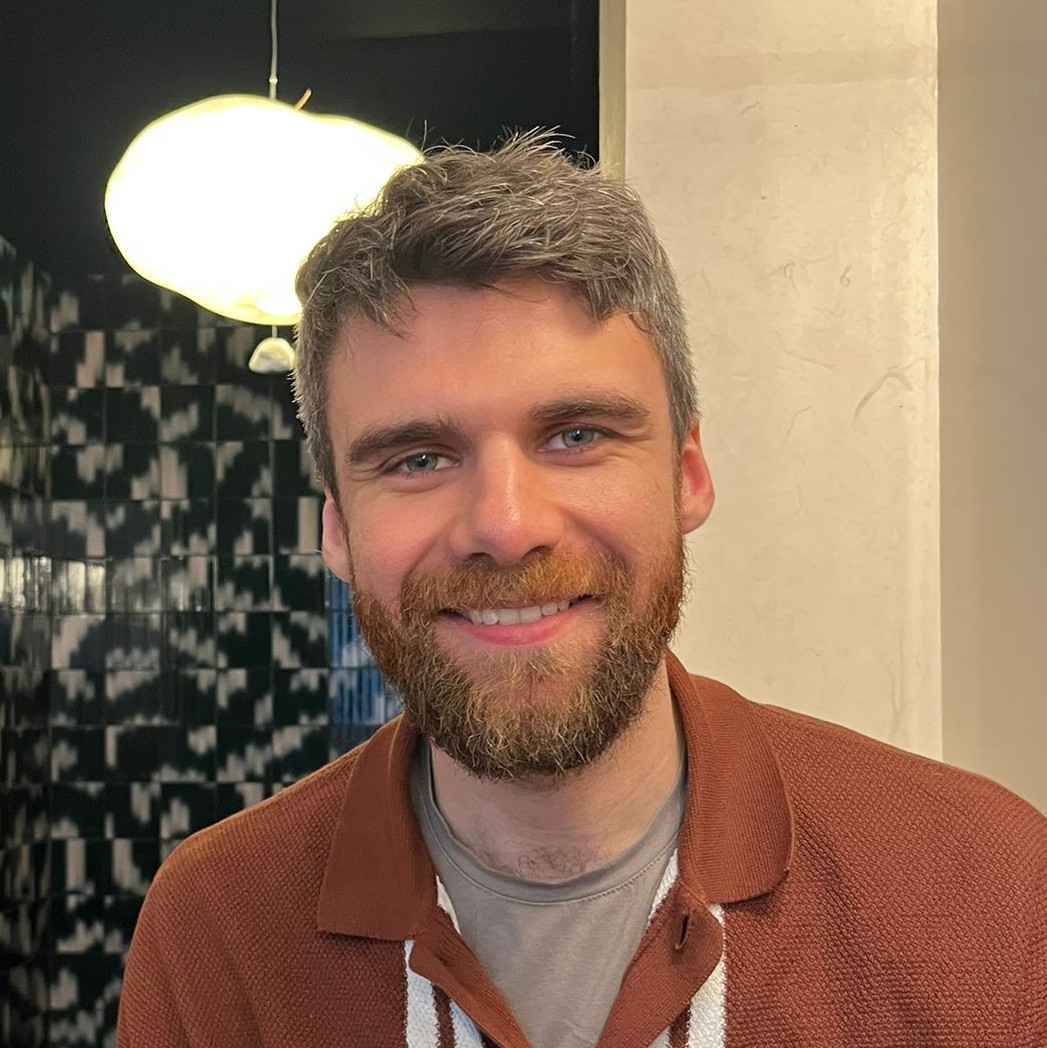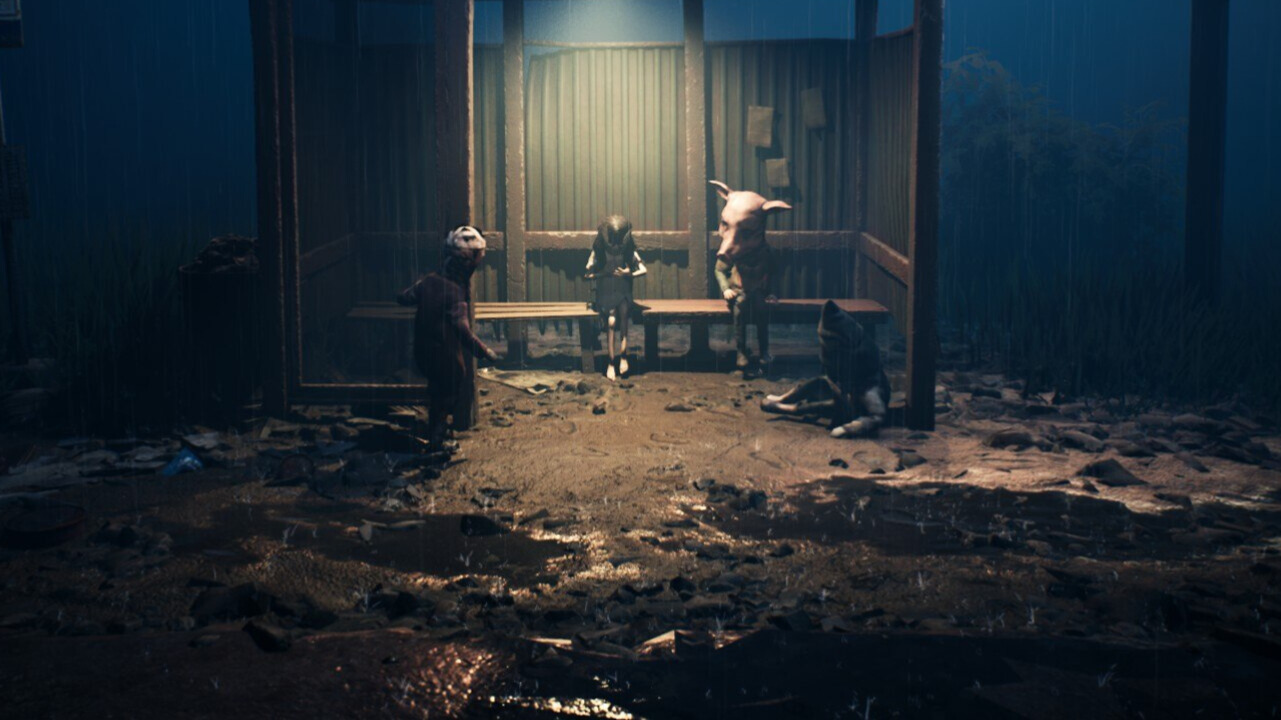Oculus shows off 140-degree FOV Rift prototype that has moving displays
The current Rift's FOV is around 100 degrees.
Keep up to date with the most important stories and the best deals, as picked by the PC Gamer team.
You are now subscribed
Your newsletter sign-up was successful
Want to add more newsletters?

Every Friday
GamesRadar+
Your weekly update on everything you could ever want to know about the games you already love, games we know you're going to love in the near future, and tales from the communities that surround them.

Every Thursday
GTA 6 O'clock
Our special GTA 6 newsletter, with breaking news, insider info, and rumor analysis from the award-winning GTA 6 O'clock experts.

Every Friday
Knowledge
From the creators of Edge: A weekly videogame industry newsletter with analysis from expert writers, guidance from professionals, and insight into what's on the horizon.

Every Thursday
The Setup
Hardware nerds unite, sign up to our free tech newsletter for a weekly digest of the hottest new tech, the latest gadgets on the test bench, and much more.

Every Wednesday
Switch 2 Spotlight
Sign up to our new Switch 2 newsletter, where we bring you the latest talking points on Nintendo's new console each week, bring you up to date on the news, and recommend what games to play.

Every Saturday
The Watchlist
Subscribe for a weekly digest of the movie and TV news that matters, direct to your inbox. From first-look trailers, interviews, reviews and explainers, we've got you covered.

Once a month
SFX
Get sneak previews, exclusive competitions and details of special events each month!
As Oculus's latest VR headset, the Oculus Go, began flying off the shelves this week, the company was busy revealing the next prototype of the Rift, and it makes a number of significant changes. The "Half Dome" headset looks very similar to the existing Rift, but offers a 140-degree field of view—up from around 100 on the current model—and displays that move towards or away from your eyes automatically to help you focus on objects.
Oculus did not confirm whether the "varifocal" displays would require eye tracking, but head of product management Maria Fernandez Guajardo told Facebook's F8 developer conference that the headset will automatically "move the screens depending on what you're looking at". The alternative to eye tracking that I can think of is that the headset calculates what you're most likely to be looking at based on what's on screen.
Basically, if you hold an object close to your face in virtual reality, the screens will shift to help you see it in more detail. It's a neat trick, and apparently doesn't come with any noise or vibrations, nor does it require a larger headset.
The other major change is the field of view, and it's a big step up. It's not quite the 200-degree field of view headset that Tuan tried out in January, but that extra 40 degrees should make a big difference. You can see a comparison between the current Oculus Rift and the Half Dome prototype in the image below. Remember, it's just a prototype for now, and Oculus gave no clues as to when we can expect a consumer version.
Thanks, ArsTechnica.
Keep up to date with the most important stories and the best deals, as picked by the PC Gamer team.
Samuel is a freelance journalist and editor who first wrote for PC Gamer nearly a decade ago. Since then he's had stints as a VR specialist, mouse reviewer, and previewer of promising indie games, and is now regularly writing about Fortnite. What he loves most is longer form, interview-led reporting, whether that's Ken Levine on the one phone call that saved his studio, Tim Schafer on a milkman joke that inspired Psychonauts' best level, or historians on what Anno 1800 gets wrong about colonialism. He's based in London.




